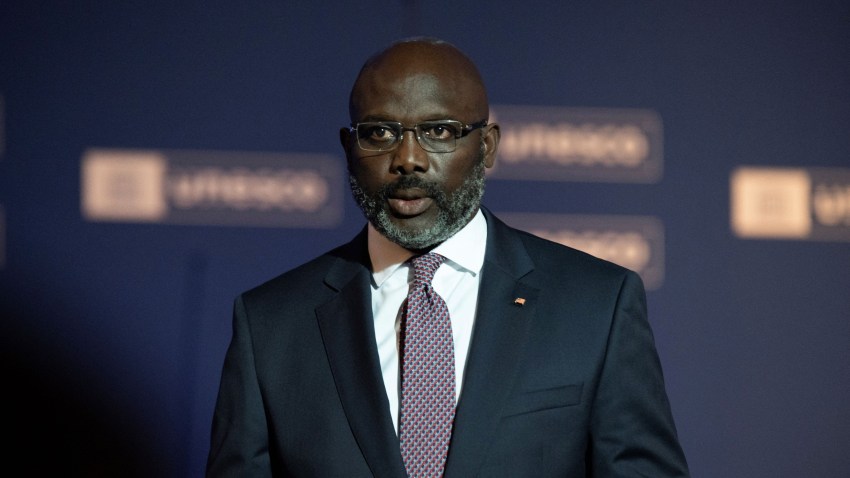On Nov. 17, Liberian President George Weah astonished many observers both at home and abroad by conceding defeat to opposition candidate Joseph Boakai in the second round of the country’s presidential election, held three days earlier. Boakai won by the slimmest of margins, with 50.9 percent over Weah’s 49.1 percent.
A few days after his concession, Weah made two striking admissions. He intimated that his allies in the ruling Coalition for Democratic Change, or CDC, had wanted him to remain in office by force but that he had refused to cling to power in order to avoid another bout of violence and civil war in Liberia. Additionally, he asserted that some of his advisers had misled him into sanctioning crony business mining deals with foreign entities during his presidency. Strikingly, he has stated that he will initiate an investigation into his own government before Boakai’s inauguration on Jan. 22 to ascertain how mining concessions were allocated
Weah’s actions stand in stark contrast to recent political developments elsewhere in West Africa, which has seen numerous military coups as well as “constitutional coups,” whereby heads of state remain in office by changing the constitution to extend their presidential term. Indeed, on Nov. 26, less than a week after Weah conceded to Boakai, what appears to have been an attempted military coup was quashed in neighboring Sierra Leone. Alongside the notion of a brazen disregard for the democratic transfer of power in Liberia, the developments in Sierra Leone are cause for further alarm, as instability in either country has usually spilled over to the other.

